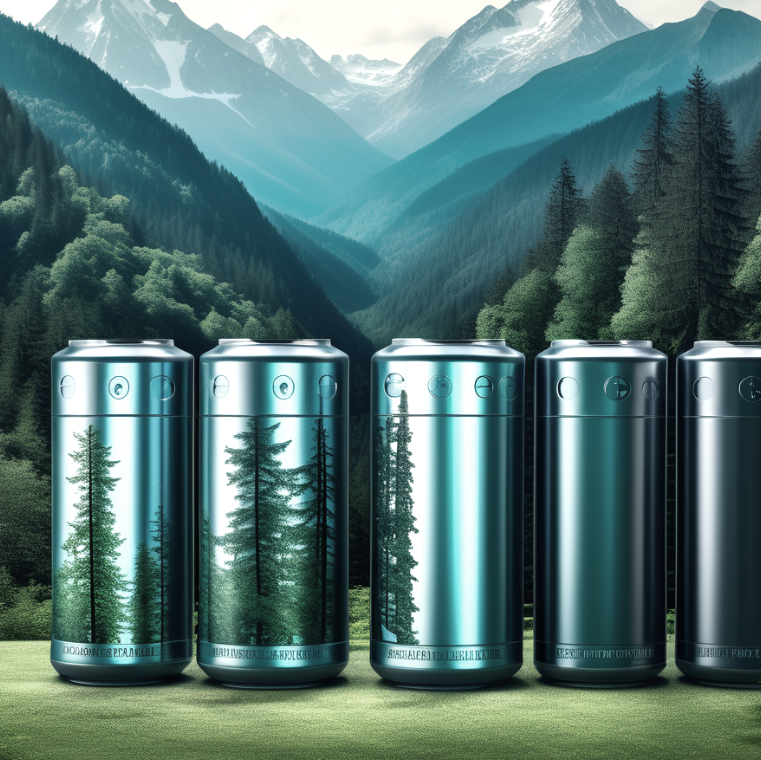
New Battery Chemistries
Saudi Arabia has ambitious plans for the generation of electricity from solar and wind (~58GW by 2030) and for a robust electric vehicles industry. However, the intermittent nature of solar and wind power makes it necessary to install massive amounts of energy storage. Lithium-ion batteries have been successful for short-duration grid storage applications. However, in the context of fully decarbonized grids — and harsh Saudi weather conditions — Lithium-ion batteries are still too expensive, they do not have a sufficiently long life cycle and they are costly to cool down under the extreme high temperatures typical of Saudi Arabia.
In response to this challenge, this research area will focus on developing batteries for the grid and electric vehicle applications in the Kingdom. We will develop and deploy hydrogen batteries that are more cost-effective and have substantially longer life cycles than Li-ion batteries for grid applications and batteries that tolerate higher temperatures, therefore reducing cooling requirements, extending battery life and reducing fire risks.
Through materials innovations and full battery development, we aim to bring a new and alternative hydrogen battery technology for large-scale energy storage. At the same time, the utilization of clean hydrogen energy in the battery technology will open a new avenue for the hydrogen economy in the Kingdom and elsewhere.
Areas of Focus
-
Ongoing
Hydrogen Batteries for Grid Storage
KAUST PI(s): Husam Alshareef
Collaboration Partner(s): Wei Chen
Collaborative institution: University of Science & Technology China -
Ongoing
Batteries for High-Temperature Environments
KAUST PI(s): Husam Alshareef, Kuo-Wei Huang, Zhiping Lai
Collaboration Partner(s): N/A
Collaborative institution: N/A

